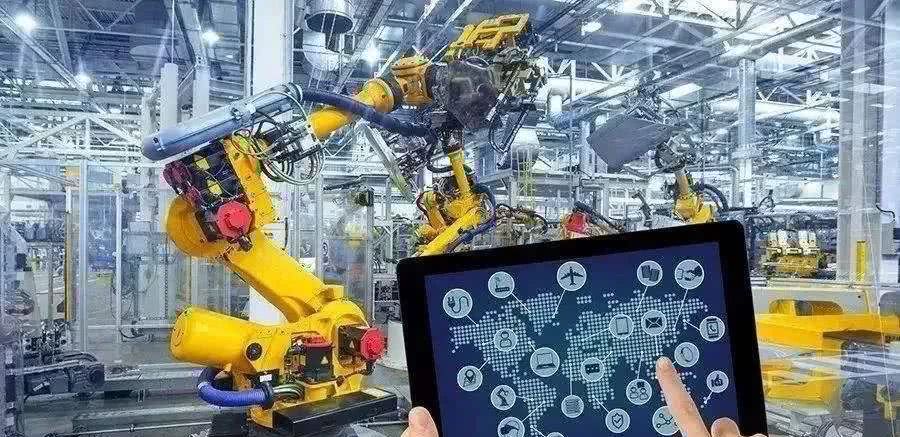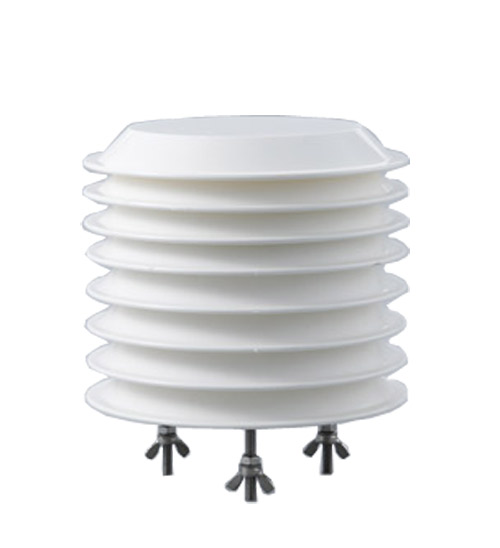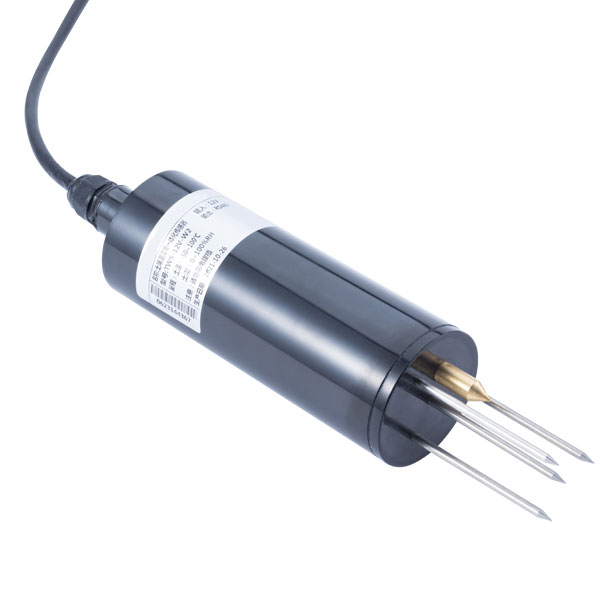

— Blogs —
—Products—
 Consumer hotline +8618073152920
Consumer hotline +8618073152920 WhatsApp:+8615367865107
Address:Room 102, District D, Houhu Industrial Park, Yuelu District, Changsha City, Hunan Province, China
Product knowledge
Time:2021-12-06 21:47:39 Popularity:1126
In the Internet of Things industry Ten key technologies for smart manufacturing
Among the key technologies of smart manufacturing, smart products and smart services can help companies bring innovations in business models;
Smart equipment, smart production lines, smart workshops and smart factories can help companies achieve innovation in production models;
Intelligent R&D, intelligent management, intelligent logistics and supply chain can help enterprises realize the innovation of operating mode;
And intelligent decision-making can help enterprises realize scientific decision-making.
The ten smart manufacturing technologies are closely related, and manufacturing companies should gradually and rationally promote the application of these ten smart technologies.
Ten key technologies of intelligent manufacturing
1. Smart products
Smart products usually include mechanical, electrical and embedded software, with memory, perception, calculation and transmission functions.
Typical smart products include smart phones, smart wearable devices, drones, smart cars, smart home appliances, smart vending machines, etc., including many smart hardware products.
Smart equipment is also a kind of smart product. Companies should think about how to add intelligent units to their products to increase the added value of their products.

2. Intelligent service
Based on sensors and the Internet of Things (IoT), it can perceive the status of the product, so as to perform preventive maintenance, promptly help customers to replace spare parts, and even help customers bring business opportunities by understanding the status of product operation.
It can also collect big data on product operations to assist companies in making marketing decisions.
In addition, the development of customer-oriented service APP is also a means of intelligent service, which can provide targeted services for the products purchased by the company, thereby locking down users and carrying out service marketing.
3. Intelligent equipment
Manufacturing equipment has gone from mechanical equipment to numerical control equipment, and is currently gradually developing into intelligent equipment.
The intelligent equipment has a detection function, which can realize on-machine detection, thereby compensating for machining errors, improving machining accuracy, and also for compensating for thermal deformation.
In the past, some precision equipment had high requirements on the environment, but now, thanks to closed-loop detection and compensation, the requirements on the environment can be reduced.
4. Intelligent production line
Companies in many industries rely heavily on automated production lines, such as steel, chemical, pharmaceutical, food and beverage, tobacco, chip manufacturing, electronic assembly, automobile and parts manufacturing, etc., to achieve automated processing, assembly and testing, and the production of some mechanical standard parts Automated production lines are also used, such as bearings.
However, equipment manufacturing companies still focus on discrete manufacturing.
The focus of technological transformation of many enterprises is the establishment of automated production lines, assembly lines and inspection lines.
Automated production lines can be divided into rigid automated production lines and flexible automated production lines. Flexible automated production lines generally have a buffer.
In order to improve production efficiency, industrial robots and hanging systems are more and more widely used in automated production lines.
5. Smart workshop
A workshop usually has multiple production lines, these production lines either produce similar parts or products, or have an upstream and downstream assembly relationship. To realize the intelligence of the workshop, it is necessary to collect and analyze information such as production status, equipment status, energy consumption, production quality, and material consumption in real time, carry out efficient production scheduling and reasonable scheduling, and significantly improve equipment utilization (OEE).
Therefore, regardless of the manufacturing industry, the Manufacturing Execution System (MES) has become an inevitable choice for enterprises.
6. Smart factory
A factory usually consists of multiple workshops, and large enterprises have multiple factories.
As a smart factory, not only the production process should be automated, transparent, visualized, and lean, but also product testing, quality inspection and analysis, and production logistics should also be integrated with the production process in a closed loop.
Information sharing, punctual delivery, and collaborative operations must be realized among multiple workshops in a factory.
Some discrete manufacturing companies have also established production command centers similar to process manufacturing companies to command and dispatch the entire factory to discover and solve unexpected problems in a timely manner. This is also an important sign of smart factories.
Smart factories must rely on seamlessly integrated information system support, mainly including five core systems of PLM, ERP, CRM, SCM and MES.
The smart factories of large enterprises need to use the ERP system to formulate production plans for multiple workshops (ProducTIon planning), and the MES system will perform detailed production scheduling (produce scheduling) according to the production plans of each workshop. The intensity of MES scheduling is daily and hourly. Even minutes.
7. Intelligent R&D
Discrete manufacturing companies have already applied CAD/CAM/CAE/CAPP/EDA and other tool software and PDM/PLM systems in product development, but many companies are not at a high level of applying these software.
To develop smart products, enterprises need the coordination of electromechanical software and multi-discipline;
To shorten the product development cycle, it is necessary to apply simulation technology in depth, establish virtual digital prototypes, realize multidisciplinary simulation, and reduce physical tests through simulation;
The idea of standardization, serialization, and modularization needs to be implemented to support mass customer customization or product customization;
It is necessary to combine simulation technology with test management to improve the confidence of simulation results.
8. Intelligent management system
The core operation management system of intelligent management manufacturing enterprise also includes human asset management system (HCM), customer relationship management system (CRM), enterprise asset management system (EAM), energy management system (EMS), supplier relationship management system (SRM) , Enterprise Portal (EP), Business Process Management System (BPM), etc. Domestic companies also regard Office Automation (OA) as a core information system.
In order to unify the management of the core master data of the enterprise, in recent years master data management (MDM) has also begun to deploy applications in large enterprises.
To realize intelligent management and intelligent decision-making, the most important condition is the accuracy of basic data and the seamless integration of main information systems.
9. Smart logistics and supply chain
The internal procurement, production, and sales processes of manufacturing companies are accompanied by the flow of materials. Therefore, more and more manufacturing companies pay more and more attention to logistics automation, automated warehouses, and unmanned guided vehicles ( AGV), intelligent hanging system has been widely used;
In the logistics centers of manufacturing companies and logistics companies, the application of intelligent sorting systems, stacking robots, and automatic roller conveyor systems is becoming more and more popular.
WMS (Warehouse Management System, warehousing management system) and TMS (Transport Management System, transportation management system) have also received widespread attention from manufacturing companies and logistics companies.
10. Intelligent decision-making
During the operation of the enterprise, a large amount of data is generated.
On the one hand, it comes from the core business data generated by various business departments and business systems, such as contract, payment collection, expense, inventory, cash, product, customer, investment, equipment, output, delivery date and other data. These data are generally structured The data can be analyzed and forecasted in multiple dimensions. This is the category of BI (Business Intelligence) technology, also known as the management cockpit or decision support system.
At the same time, companies can use these data to extract corporate KPIs and compare them with preset goals. At the same time, KPIs can be decomposed layer by layer to evaluate cadres and employees. This is EPM (Enterprise Performance Management, Enterprise Performance Management). ), from a technical point of view, memory computing is an important support for BI.
Summary: Intelligent manufacturing is the direction of the development of China's manufacturing industry. In the future, manufacturing will combine artificial intelligence, Internet of Things, big data and other technologies to further change product configuration, production planning and real-time decision-making, thereby optimizing profitability.
Smart manufacturing uses more cutting-edge technologies. For example, the Internet of Things connects everyone, products, and equipment in a factory, enabling humans and machines to work together to create more efficient and cost-effective business processes.
Sensors & Weather Stations Catalog
Agriculture Sensors and Weather Stations Catalog-NiuBoL.pdf
Weather Stations Catalog-NiuBoL.pdf
Related recommendations
Related products
 Atmospheric Temperature Humidity Pr···
Atmospheric Temperature Humidity Pr··· Soil Temperature Moisture Sensor 4-···
Soil Temperature Moisture Sensor 4-··· Air temperature, humidity and atmos···
Air temperature, humidity and atmos···
Screenshot, WhatsApp to identify the QR code
WhatsApp number:+8615367865107
(Click on WhatsApp to copy and add friends)